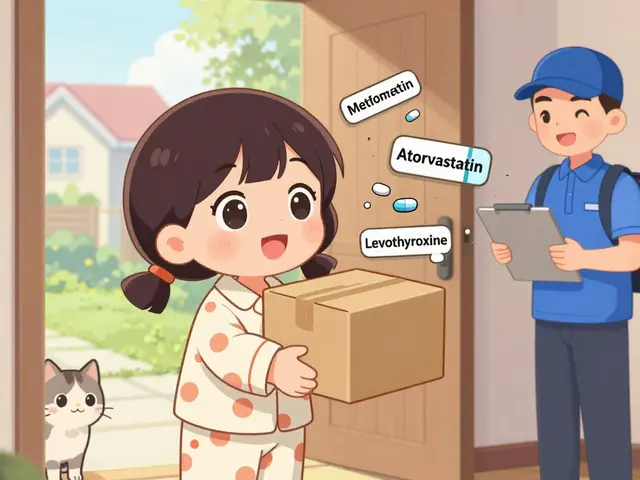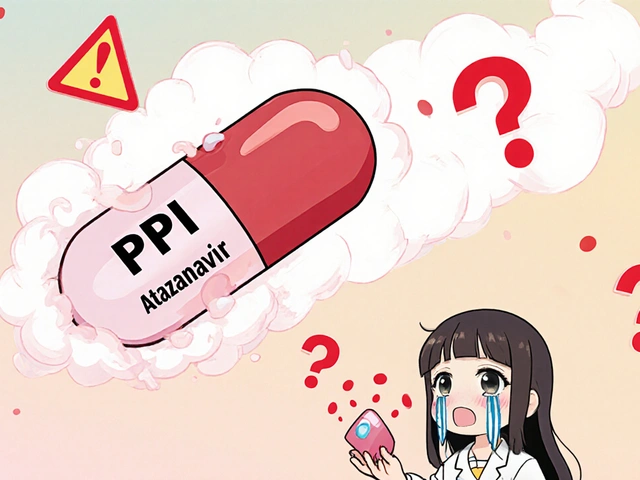Drug Absorption: How Your Body Takes in Medication and Why It Matters
When you take a pill, tablet, or liquid medicine, drug absorption, the process by which a medication enters your bloodstream from its site of administration. Also known as medication absorption, it determines whether your drug will actually do anything at all. A drug might be powerful on paper, but if your body doesn’t absorb it properly, it’s just wasted money—and sometimes, a missed opportunity to feel better.
Not all drugs are absorbed the same way. Oral meds like pills go through your stomach and intestines, where acid, food, and gut bacteria can block or boost uptake. A drug taken on an empty stomach might absorb fast, while the same pill with a fatty meal could take hours. bioavailability, the percentage of a drug that reaches circulation unchanged and becomes active in the body is the key number here. If a drug has 30% bioavailability, only 3 out of every 10 milligrams you swallow actually make it into your system. That’s why some pills come in higher doses than others—even if they’re the same drug.
Then there’s the route. A shot goes straight into muscle or vein, skipping the gut entirely. Nasal sprays, patches, and eye drops all have their own absorption rules. For example, gastrointestinal absorption, how drugs move from the digestive tract into the blood is messy. Some drugs get broken down by liver enzymes before they even reach your bloodstream—this is called first-pass metabolism. That’s why some medications can’t be taken orally at all. And if you’re on multiple drugs, they can compete for absorption. One might block another, or food might bind to it and stop it from working.
Age, weight, gut health, and even genetics play a role. Two people taking the same dose of the same drug can have wildly different results. Older adults often absorb drugs slower. People with Crohn’s or celiac disease might not absorb anything well. Women and men process some drugs differently too—something we’ve seen in studies on painkillers and antidepressants. Even the time of day matters. Your body’s rhythm affects how fast your gut moves and how active your liver enzymes are.
That’s why some meds need to be taken with food, others on an empty stomach, and some only at night. It’s not just a suggestion—it’s science. If you’ve ever wondered why your doctor told you to take your antibiotic two hours before breakfast, or why your blood pressure pill works better in the morning, it’s all tied to absorption. And if you’re switching from brand to generic, or buying online, absorption differences can be the reason one version makes you feel different than another—even if the label says the same thing.
What you’ll find below are real, practical guides that dig into how drugs behave in your body. From antibiotics that fight resistance to diabetes meds that need perfect timing, from eye drops that bypass your gut to supplements that vanish before they help—you’ll see how drug absorption shapes every treatment you take. These aren’t theory papers. They’re real-world breakdowns from pharmacists, doctors, and patients who’ve seen what works—and what doesn’t.
Acid-Reducing Medications: How They Interfere With Other Drugs

Acid-reducing medications like PPIs can drastically reduce the absorption of critical drugs such as HIV treatments and cancer therapies. Learn which medications are at risk and how to prevent dangerous interactions.
read more



